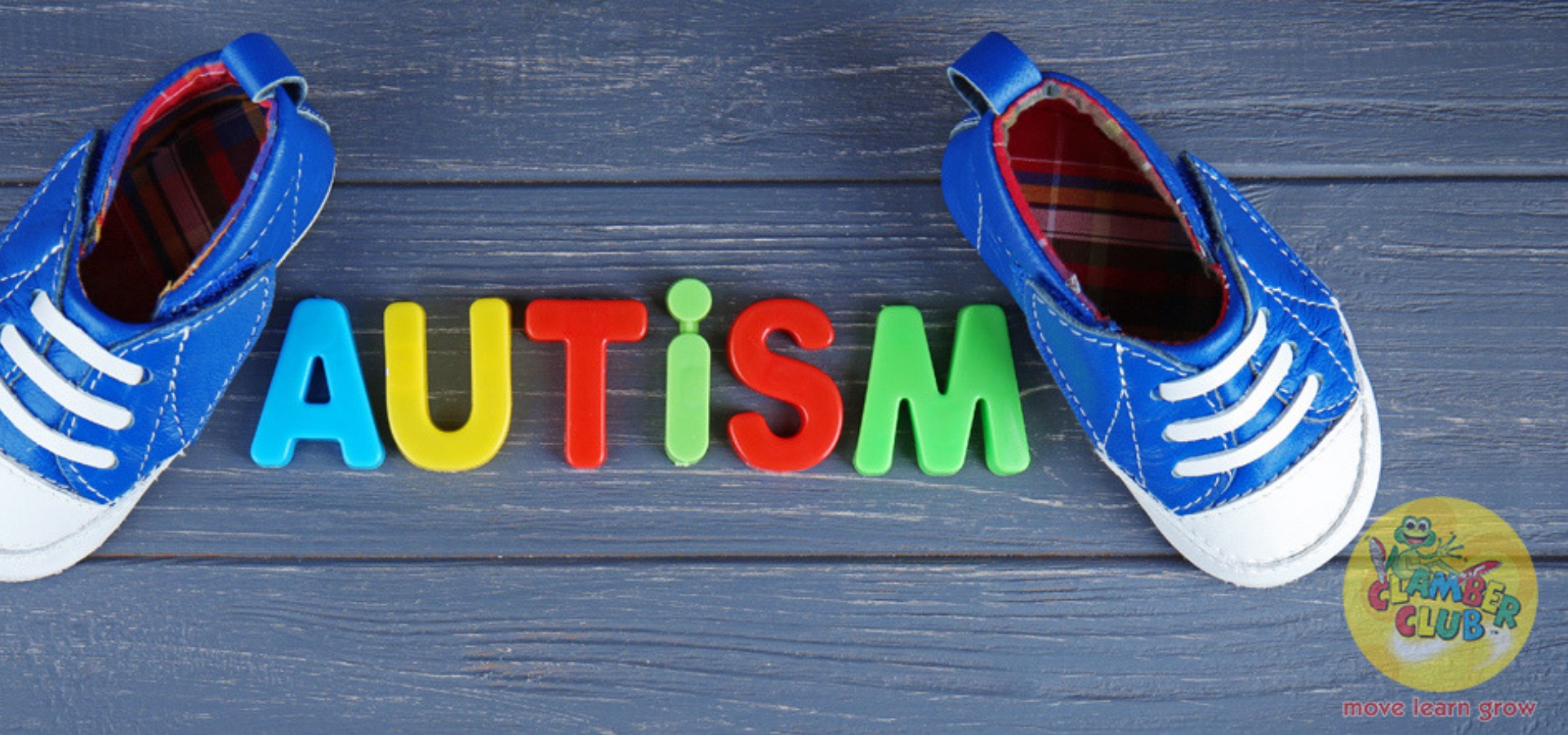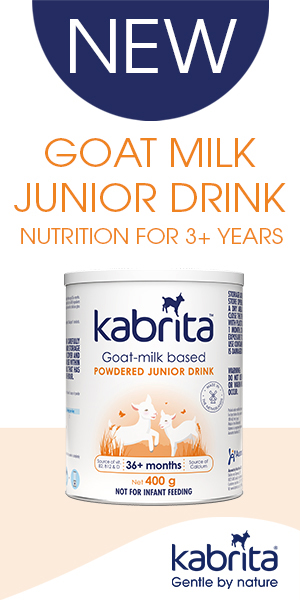How do you survive an influx of your kids’ stuff pouring into your home from school on a regular basis? Today it’s a drawing of your family, tomorrow it’s a painting, yesterday it was a school photo, 3 weeks ago it was a special valentine’s card and next week it might be a footprint in clay. And I’m sure your memory keeping doesn’t stop with creative objects. During the year you’ll take digital photos of a birthday ring, receive a medal of achievement from a sports day and near year end, purchase a video of a school concert. Memory keeping, I’m sure you’ll agree, doesn’t stop there. You’ll most likely celebrate a birthday with a specific theme, and you’ll enjoy a family holiday. Both events will bring loads of digital photos and videos to show for them. And that’s just for one year. Now multiply that by the number of years your child goes to school and multiply the stash of keepsakes you have for every other child you have. Oh, my! That’s a lot of, well… good stuff! Who else is living with the dilemma of clutter in their living space? So why then, do we collect all these objects that take over our lives? I don’t know about you, but my heart goes all mushy when delight fills my daughters’ eyes, as she delivers her little masterpiece into my hands, after a day at school. Her unique voice rambles away with joyful excitement as she explains her creative work. I love being part of her development, watching her grow and flourish from day to day. I especially enjoy participating in the progressing maturity of her work. And that’s why I tend to keep a careful selection of her beautiful efforts. Each piece telling a story of her childhood journey. Sentimental items, that’ll one day take her back in time, of days long forgotten. Browsing through photos of when she was a baby and toddler, never ceases to amaze her. Again, and again, she loves to travel back in time and witness how she has grown over the years. I feel particularly fuzzy inside, when she suddenly gets excited about a birthday theme she had, or friends that were present in her life. She suddenly remembers stories of her past and confidently tells us about them, and as a family, we share in her joy. Children are a joy! As parents we choose to celebrate their lives. And most of the time, I’m sure you’ll agree with me, all these precious memories and valuable mementos of their childhood, are of course, very sentimental. And that’s the reason why we keep these tokens of their lives. How much we tend to keep, is purely a reflection of who we are as individuals. Some moms will keep more, some will keep less, but the point is, we all keep something, because there is priceless value associated to whatever we choose to keep. The problem doesn’t lie with keeping these treasured pieces. The problem therein lies, on where we keep them and how we display all these very dear tokens of childhood. The truth is, most of us moms and dads, think we have solutions for saving our children’s prized works and achievements. We think we have all our digital memories all saved safely and sorted. But if we ask ourselves honestly, do we really have it together? I’ve experienced it all myself and I’m sure dozens of you feel the same. From boxes, of all shapes and sizes, to envelopes, files, books, scrapbooks, flip files, albums, drawers and shelves. We’ve all tried and tested a mix of them all. Some work, some don’t but the combination of assorted methods tend to create havoc on in our lives. To make things worse, and with the advent of the digital world, well this just bamboozles our filing methods all together. Because simply put, there are way too many videos and photos to look through in a single lifetime. And they too, are just dotted all over the place in various drives, SD cards, memory sticks, computers, phones, CDs and DVDs. Do you feel swamped? Do you need a life jacket yet? If you are anything like I was, or how most people are, you’re using a bunch of standalone keepsake methods that are cluttering up your home and life. In isolation they probably work, but honestly, they negatively alter the way every childhood story should unfold, that is, chronologically, in unified sequence. If you want to feel better, faster, I’ll pinpoint ONE staggering storage solution, that’ll save you money, space, time, chaos in the long term. More importantly, this one revolutionary system is guaranteed to accurately and chronologically keep a variety of ALL your keepsakes, art and memories together, in ONE place, in a neat, tidy, organized and compact way. A way that is not only easy to put together, instant to enjoy and look through, but impressively tracks childhood year by year, whilst keeping all documents safe, from anything that can destroy them. ForeverChilds – My File About Me has made a huge difference in my life, and it’s had an impact on the lives of thousands of our happy customers too. I invite you to embark on a new adventure. It’s truly a delight to watch your child grow and capture the journey. To discover more or shop online www.myfilleaboutme.co.za



































